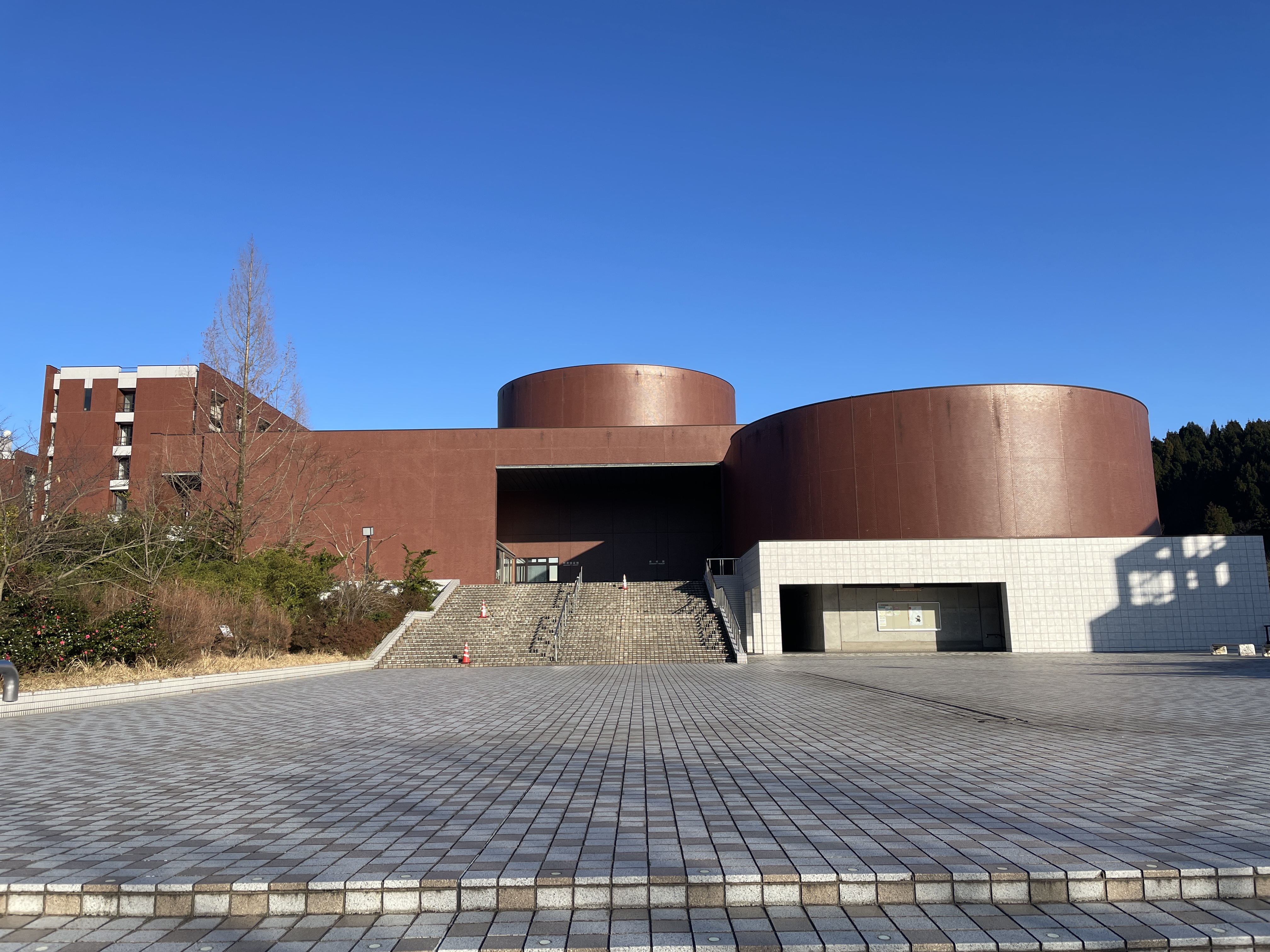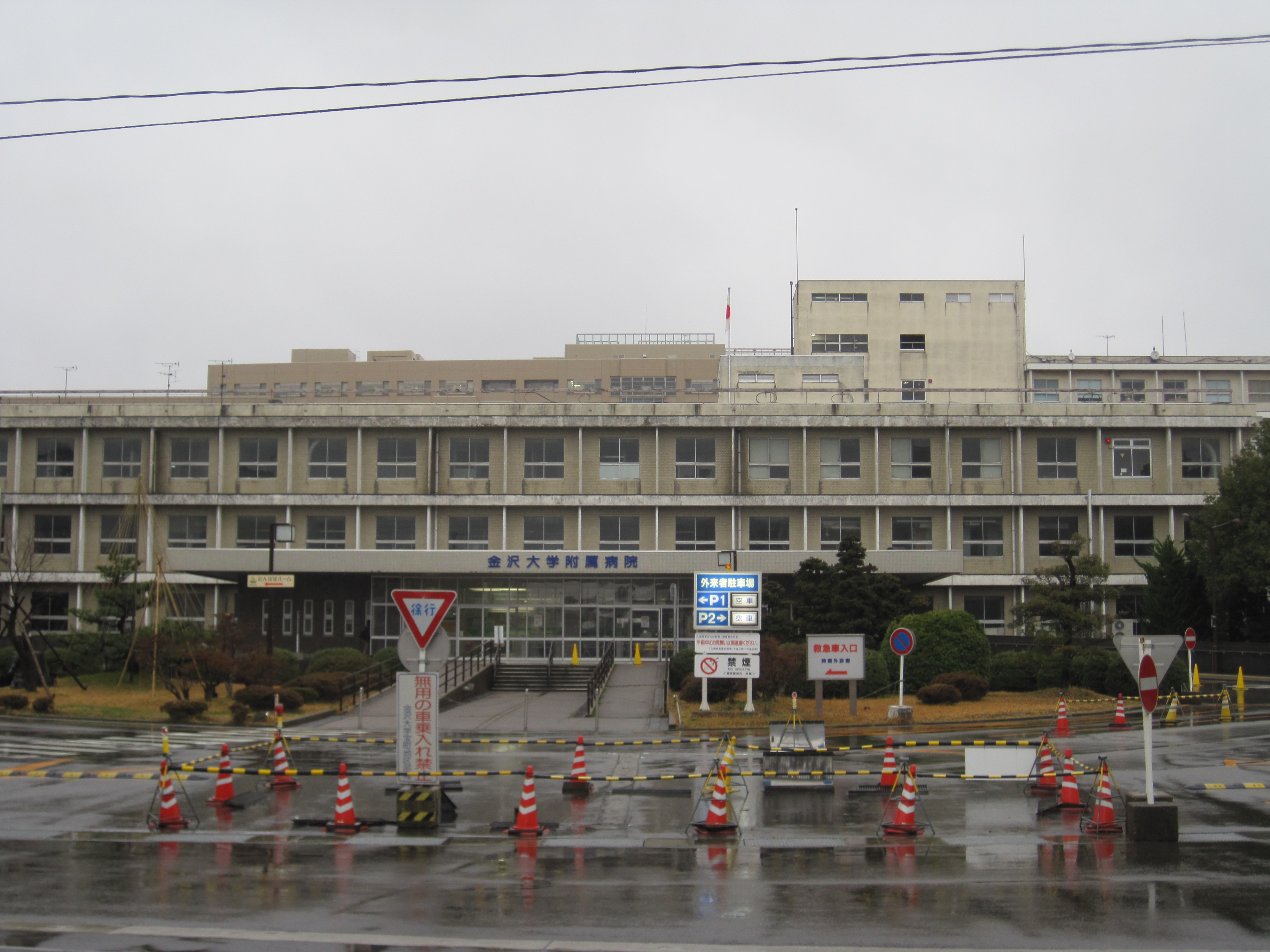Considering Japan for your degree? Kanazawa University is a strong all‑round national university in a classic castle town on the Sea of Japan. You get a major research hub (home to WPI‑NanoLSI), a comprehensive medical campus, and plenty of student support—without the congestion and higher costs of megacities. This guide walks you through quick facts, signature strengths, student life, exchanges, climate, and graduate outcomes—using official sources in English wherever possible. If you want a balanced “study + lifestyle” experience with real academic depth, Kanazawa deserves a spot on your shortlist.
Source: Wikimedia Commons (Author: Genppy). License: Public domain.
Source: Wikimedia Commons (Author: Genppy). License: Public domain.
Source: Wikimedia Commons (Author: Genppy). License: Public domain.

Source: Wikimedia Commons (Author: 4.2 millimeter). License: CC BY-SA 4.0.

Source: Wikimedia Commons (Author: Miisan1112). License: CC BY-SA 4.0.

Source: Wikimedia Commons (Author: Miisan1112). License: CC BY-SA 4.0.

Source: Wikimedia Commons (Author: Hirorinmasa). License: CC BY-SA 3.0 (also GFDL/CC BY-SA 2.5/2.0/1.0).

Source: Wikimedia Commons (Author: Miisan1112). License: CC BY-SA 4.0.

Source: Wikimedia Commons (Author: Miisan1112). License: CC BY-SA 4.0.

Source: Wikimedia Commons (Author: Hooko). License: Public domain.
Quick-Facts Table
| Type | National — About Kanazawa University |
| Total Students | 10,331 (as of May 1, 2023; official) — Outline of Kanazawa University 2023 (EN) |
| Campuses | Kakuma (Main); Takaramachi & Tsuruma (Medical) — Campus Characteristics |
| Faculties/Schools | 4 Colleges / 20 Schools Colleges: (1) Transdisciplinary Sciences for Innovation; (2) Human & Social Sciences; (3) Science & Engineering; (4) Medical, Pharmaceutical & Health Sciences — Academics |
| Tasse scolastiche | Undergraduate ¥535,800/year; Graduate ¥535,800/year; Admission fee ¥282,000 — Student fees (official) |
| Gender Ratio | Female 36.4% : Male 63.6% (overall; May 1, 2023, official outline) — Outline 2023 (EN) |
| Intl-Student % | ≈7.7% (794 of 10,331; as of May 1, 2023) — Outline 2023 (EN) |
| Students per Staff | 9.8 — THE World University Rankings 2025 (Key stats) |
Campus Maps
Kakuma Campus (Main)
Address: Kakuma-machi, Kanazawa, Ishikawa 920-1192, Japan
Takaramachi & Tsuruma Campus (Medical)
Takaramachi (Hospital / Medicine): 13-1 Takara-machi, Kanazawa, Ishikawa 920-8641, Japan
Tsuruma (Health Sciences): 5-11-80 Kodatsuno, Kanazawa, Ishikawa 920-0942, Japan
Heiwamachi Campus (Affiliated Schools)
Address: 1-1-15 Heiwa-machi, Kanazawa, Ishikawa 921-8105, Japan
Mission, History & Founding Story
Kanazawa University traces its roots to a small medical school founded in 1862 in Kaga Domain; over time, it evolved into today’s comprehensive national university spanning humanities, sciences, and health fields. The university frames its identity as “a research university dedicated to education, while opening up its doors to both local and global society,” emphasizing both regional engagement and international reach. You can get the institutional overview on the official English page here: About Kanazawa University.
A key accelerator for internationalization was selection in Japan’s Top Global University (TGU/SGU) Project (2014–2023), which funded universities to globalize education and governance. Kanazawa’s SGU site and JSPS pages outline aims and results, including the KU “Global Standard” (KUGS) framework for graduate attributes and expanded English‑medium offerings. See: SGU Message, JSPS Selection (TGU), e Background (Wikipedia).
On the research side, the World Premier International Research Center (WPI) program placed Kanazawa on the global map via the Nano Life Science Institute (NanoLSI), which pioneers high‑speed AFM and related nano‑bioscience tools to visualize life at the nanoscale. See the institute’s mission and programs: NanoLSI – About e NanoLSI – English Top. This combination of a historic city, a comprehensive academic structure, and national flagship research is what makes Kanazawa’s “origin story” continue to matter for today’s applicants.
Key Strengths & Unique Features
World‑Premier: WPI Nano Life Science Institute (NanoLSI)
NanoLSI unites physics, chemistry, biology, and computational science to observe dynamic biomolecular processes in real time. Its high‑speed AFM developments and international collaborations bring Kanazawa into forefront journals and global networks. Explore its mission and outputs here: About NanoLSI. For a WPI program context and recent evaluation snapshots, see JSPS: WPI Follow‑up (NanoLSI).
Comprehensive Medical & Health Sciences
Kanazawa integrates medicine, pharmacy/pharmaceutical sciences, and health sciences, backed by a large university hospital. See the college overview and hospital site: College of Medical, Pharmaceutical & Health Sciences, Kanazawa University Hospital (EN). Specialized research hubs include the Cancer Research Institute (KU‑CRI (EN)) and Advanced Preventive Medical Sciences (Graduate School Site).
Flagship sub‑fields
Medicine: strong clinical integration via the university hospital (Hospital Mission). Pharmacy/Pharmaceutical Sciences: pipelines into drug discovery and translational research. Health Sciences: interprofessional education and regional healthcare engagement.
Engineering & Natural Sciences with Real Research Breadth
From materials and mechanics to data/EECS and environmental design, Science & Engineering students access lab‑based learning and research supervision across multiple schools. Start from the university’s Academics hub and check each school’s page for English course lists and research topics.
Globalization Track & SGU Legacy
Kanazawa’s SGU period formalized its “KUGS” graduate attributes and pushed curriculum internationalization. For official program context and Kanazawa’s entry, see JSPS TGU (EN) e Selection & Initiatives, plus KU’s own SGU Message.
Student Life for Internationals
Clubs & Circles that Welcome Overseas Students
The International Student Committee (ISC) and student groups host mixers, welcome events, and cultural activities. See ISC info here: ISC (official). For campus‑tour style activities, KISSA events are posted by the Diversity & Inclusion Institute: KISSA campus tour (EN), flyer (PDF) here. ISC also posts updates on Facebook: ISC GSNST Facebook.
Dedicated Support: Visa, Housing, Counseling
Start with the International Student Support website: Support (EN). You’ll find visa topics, housing (dorms/private apartments), health services, and on‑campus facilities (library, co‑op, ATMs, sports). Examples: Health Service Center, University Co‑op, Campus ATMs, Sports Facilities.
Language‑Exchange, Tutors & Buddy‑style Help
Tutor systems and exchange initiatives help your academic & daily life onboarding. See the center’s tutor guidelines: Guidelines for tutors. The ISC page lists ways to get involved on campus: ISC (official).
Partner Institutions & Exchange Options (Outbound focus)
Kanazawa’s main hub for studying from KU to abroad is the Global Network section. Find program types, agreements, and alumni networks: Global Network (EN) and exchange overview: Study Abroad (Outbound). Incoming short‑term exchange is via KUEP—useful if your home university partners with KU: KUEP (EN). Institutional network maps are here: International Exchange Network.
Local Climate & Lifestyle
Kanazawa has warm, humid summers and cold, snowy winters. Expect abundant rainfall/snow compared with Pacific‑coast cities. For monthly and seasonal patterns, see: Timeanddate: Kanazawa Weather and climate normals here: WeatherSpark: Kanazawa Climate.
Cost of living is relatively moderate by Japanese urban standards (lower than Tokyo/Yokohama). Check current crowd‑sourced indices for prices and quality‑of‑life snapshots: Numbeo – Cost of Living: Kanazawa, Numbeo – Quality of Life: Kanazawa. As always, individual budgets vary by housing choices and lifestyle.
International Student Statistics
The latest English outline gives high‑level snapshots of total enrollment by program and international student presence. While composition changes annually, Asia is typically the largest source region with additional cohorts from Europe and North America. For current figures and charts, consult the official brochure: Outline of Kanazawa University (EN).
Career & Graduate Prospects
Kanazawa reports a high employment decision rate for bachelor’s graduates (FY2023) and provides job‑hunting support, including Link KAGAYAKI and counseling for residence status after graduation. See the student portal page (EN) and the international career services pages for details: Students (EN), Career Services for International Students, After‑graduation job‑seeking & status.
How to Read & Use This Guide
Compare tuition and fees first (national standard): Student fees (official). Then scan departments via Academics and shortlist labs/faculty. For practical life/logistics, use the International Student Support (EN) site. If you’re considering one‑year exchanges, check KUEP. Interested in cutting‑edge nano‑bioscience? Bookmark WPI‑NanoLSI and related labs like KU‑CRI.

